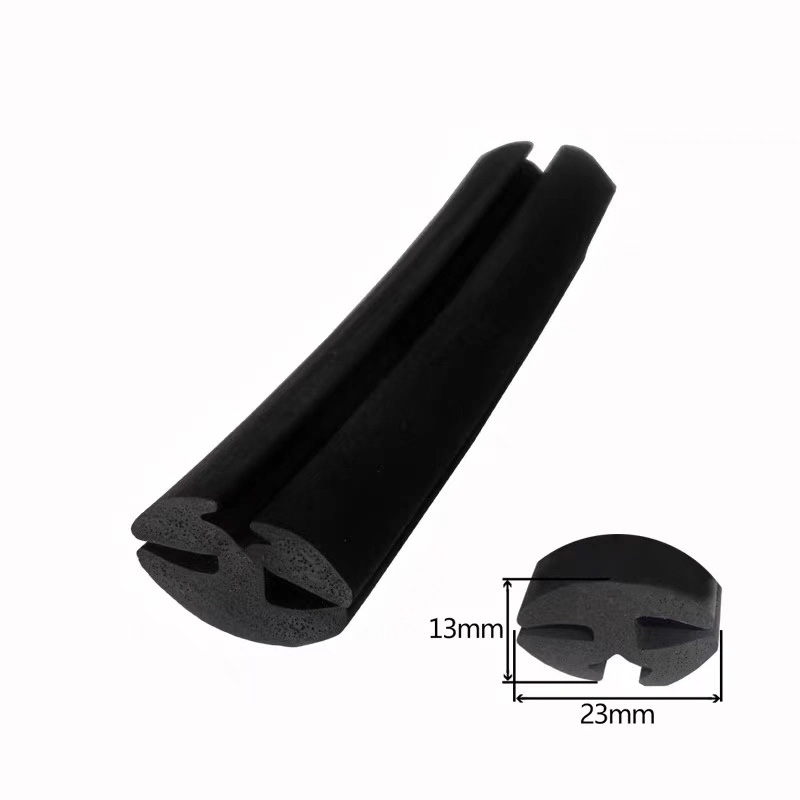
Precision Stainless Steel Tubing A Comprehensive Overview
Stainless steel tubing is an essential component in various industries due to its excellent properties, such as corrosion resistance, durability, and strength. Among the types of stainless steel tubing, precision stainless steel tubing stands out for its exacting specifications and applications. This article delves into the characteristics, manufacturing processes, applications, and benefits of precision stainless steel tubing.
What is Precision Stainless Steel Tubing?
Precision stainless steel tubing refers to tubes that have been manufactured to meet specific dimensional tolerances and surface finishes, which are essential for performance in critical applications. These tubes are often produced using advanced techniques that ensure tight tolerances and superior surface quality. The precise manufacturing processes often result in tubing that has consistent wall thicknesses, diameters, and lengths.
Manufacturing Processes
The production of precision stainless steel tubing involves several stages
1. Material Selection The process begins with selecting the right grade of stainless steel, which typically includes grades such as 304 and 316. These grades are known for their excellent corrosion resistance and formability.
2. Tube Formation The selected stainless steel is then formed into a tube shape through processes such as extrusion or methods like cold drawing. Cold drawing is particularly important as it helps to refine the diameter and enhance the overall mechanical properties of the tube.
3. Heat Treatment Many manufacturers incorporate heat treatment processes to relieve stress and improve the material properties of the tubing. This step ensures better workability and enhanced strength.
4. Finishing Processes The precision of stainless steel tubing is further improved through finishing processes such as polishing, which enhances surface quality and ensures a smooth finish. This is especially important for applications that require sanitary conditions.
5. Inspection and Testing Before the tubing is shipped to customers, it undergoes rigorous inspection processes. Non-destructive testing techniques, like ultrasonic testing, are often employed to identify any defects and ensure that the tubing meets stringent quality standards.
Applications of Precision Stainless Steel Tubing
Precision stainless steel tubing is used in a wide array of industries thanks to its versatility and reliability. Some common applications include

- Medical Devices In the medical field, ultra-precision tubes are utilized in manufacturing devices such as catheters, endoscopes, and surgical instruments
. The importance of cleanliness and dimensional accuracy in this sector cannot be overstated, as it can directly impact patient safety.- Aerospace The aerospace industry demands high-performance components that can withstand extreme conditions. Precision stainless steel tubing is used in hydraulic systems, fuel lines, and structural components, where durability and safety are critical.
- Automotive In the automotive sector, precision stainless steel tubing is found in fuel lines, exhaust systems, and structural frame components. The tubing helps improve efficiency and safety in vehicles.
- Food and Beverage Sanitary tubing is essential in the food and beverage industry. Precision stainless steel tubing is used in processing equipment and piping systems to ensure cleanliness and compliance with health regulations.
Benefits of Precision Stainless Steel Tubing
The use of precision stainless steel tubing offers numerous benefits
- Corrosion Resistance Stainless steel is inherently resistant to oxidation and corrosion, making it an ideal option for many environmental conditions.
- Strength and Durability Precision tubing has enhanced mechanical properties, ensuring it can withstand high pressures and stresses.
- Customizability Manufacturers can create tubing to specific dimensions, allowing for customization that meets unique application requirements.
- Lightweight While strong, stainless steel tubing is lightweight compared to other materials, which is advantageous in applications where weight is a critical factor.
- Ease of Maintenance The smooth surfaces of precision stainless steel tubing make it easy to clean and maintain, an essential factor in industries such as food processing and pharmaceuticals.
Conclusion
Precision stainless steel tubing is a critical component across numerous industries, thanks to its unique properties and advantages. With advanced manufacturing processes and rigorous quality control standards, precision tubing meets demanding specifications necessary for critical applications in medical, aerospace, automotive, and food processing sectors. As industry needs evolve, the relevance and application of precision stainless steel tubing will undoubtedly continue to grow. Proper selection, manufacturing, and application of this material not only enhance product performance but also contribute significantly to overall efficiency and safety in various operational domains.